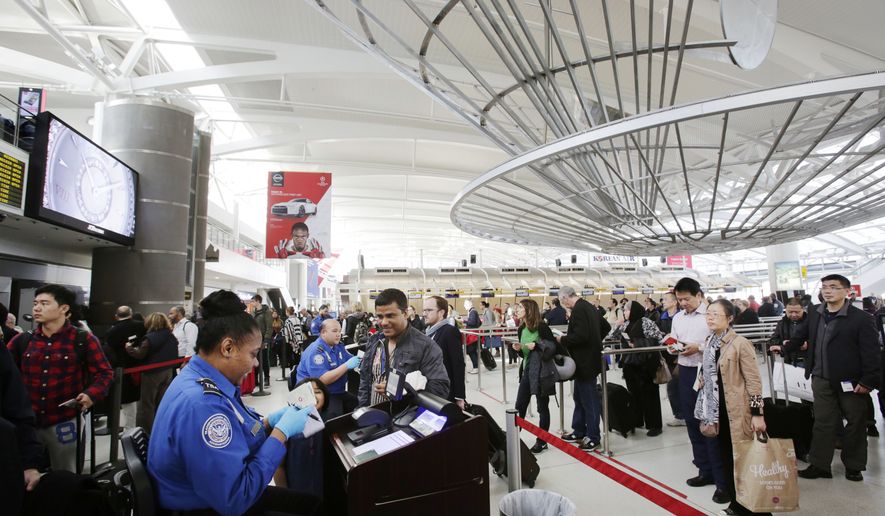According to court documents filed this week by the Justice Department, Americans will soon be able to find out if and why they’re on the no-fly list.
The impetus for the decision was a suit filed by the American Civil Liberties Union in Oregon, after which a federal judge ruled as unconstitutional the lack of effective procedures by which a person could contest their placement on the list, citing violation of due-process rights. There are currently around 47,000 people on the No Fly List, around 800 of whom are American citizens.
The leading defendant in the ACLU lawsuit was Ayman Latif, a 32-year-old disabled U.S. Marine veteran who found himself stranded in Egypt, where he lives with his wife and two children. Mr. Latif was unable to return to the U.S. for further evaluation of his disability.
Whatever the case, declassifying information about the no -fly list is potentially disastrous. The entire goal of the no-fly list is to track and discover individuals who present a terrorist threat. For individuals to discover if and why they’re on the list could undermine intelligence gathering and tracking efforts, and potentially put informants and other Human Intelligence (HUMINT) agents at risk.
To inform a terrorist of what one knows about him and his whereabouts/capabilities gives clues as to how much security agents know and could lead terrorists to find out how they acquired such information.
Arguably the no-fly list could use reform, but declassifying the list in such a fashion would be ultimately counterproductive.
Sean MacCormac is a research analyst at the Center for Security Policy.




Please read our comment policy before commenting.